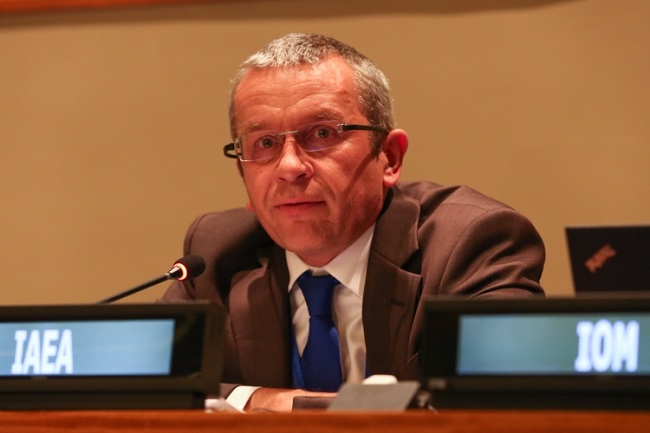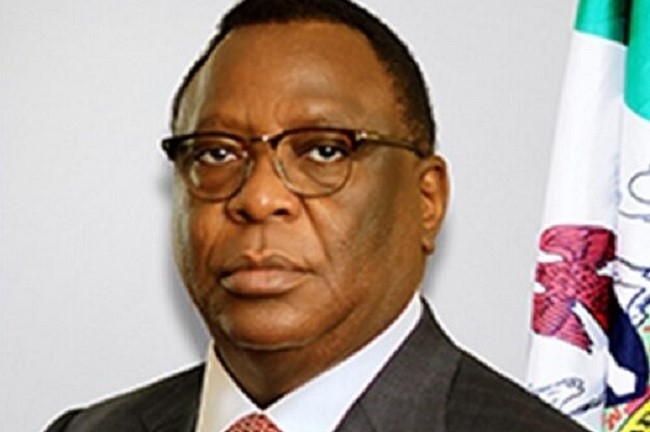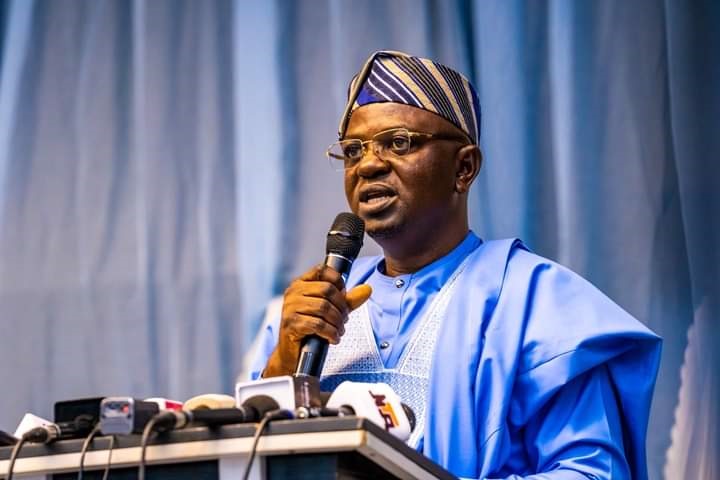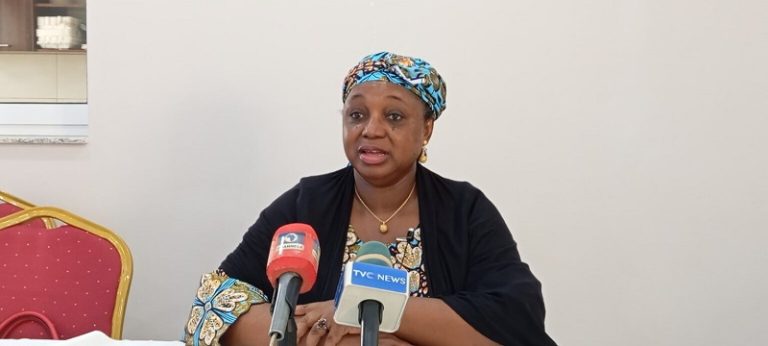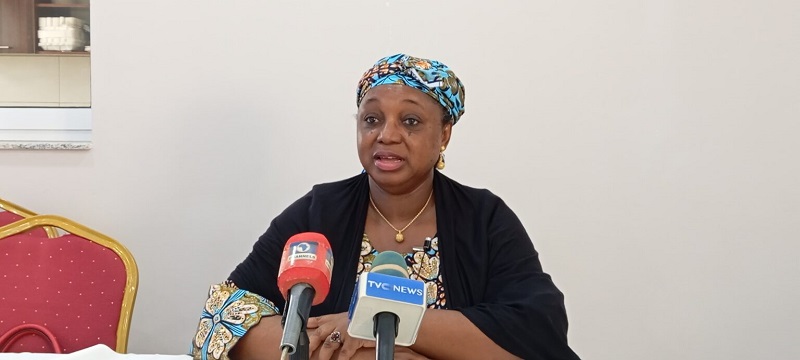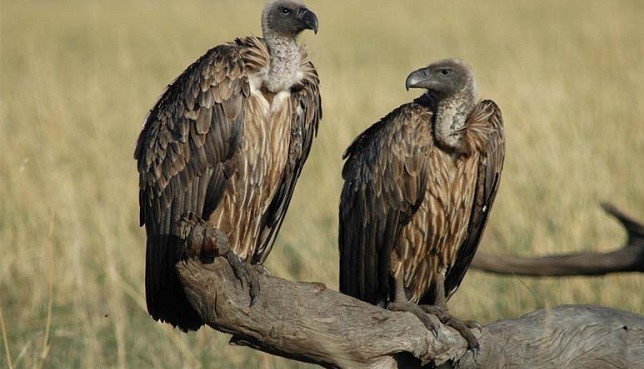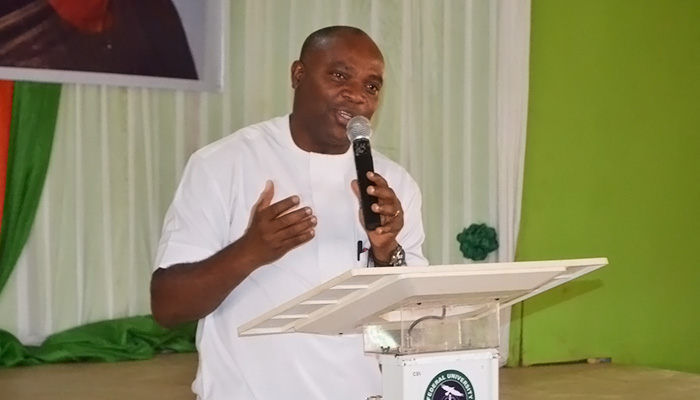The Adaptation Fund (AF) Board has officially accredited a government agency in Togo, the Office de Développement et d’Exploitation des Ressources Forestières (ODEF), as a National Implementing Entity (NIE) for the Fund.

The accreditation enables ODEF to access funding for climate adaptation projects in Togo through the AF, affirming its capabilities to design, develop and implement such projects for vulnerable communities while empowering country ownership in adaptation.
ODEF achieved accreditation through the AF’s innovative streamlined accreditation process, which is designed to help smaller institutions access climate finance. The process simplifies the application and assessment criteria while maintaining the Fund’s high fiduciary standards. The streamlined approach provides crucial support for institutions with limited resources to fight climate change, particularly those in small island developing states or least developed countries-as is the case with Togo, to demonstrate their capacity and address urgent adaptation needs.
The accreditation is the 6th to be made through the Fund’s streamlined accreditation process.
“The accreditation of ODEF will greatly help Togo access urgently needed grants through the Adaptation Fund to address their climate change needs,” said Mikko Ollikainen, Head of the AF. “Being a national agency, ODEF is able to receive resources directly from the AF without international intermediaries, which will enhance national ownership and capacity, and boost longer-term sustainability of Togo’s climate adaptation efforts. The streamlined process is a good example of the Fund’s innovation in opening doors to climate finance for vulnerable countries that may not have other recourse.”
As the national body responsible for managing Togo’s forestry sector, ODEF has demonstrated effective systems in financial management, procurement and project monitoring, as well as compliance with the AF’s Environmental and Social Policies – which foster human rights, biodiversity, and gender safeguards, among other principles.
Under the Ministry of the Environment and Forest Resources, ODEF focuses on sustainable forest management, including tree planting, overseeing logging operations, and collaborating with local communities to protect forest ecosystems. With this new partnership, ODEF will enhance Togo’s climate resilience, such as focusing on tackling deforestation and promoting sustainable natural resource management. By implementing projects that directly address climate impacts, ODEF will support vulnerable communities across Togo in adapting to climate change.
Since 2010, the AF has committed $1.25 billion in grants for adaptation and resilience programs in developing countries that are vulnerable to climate change, including 183 concrete projects on the ground serving 46 million total beneficiaries. About half are in Least Developed Countries or Small Island Developing States.

